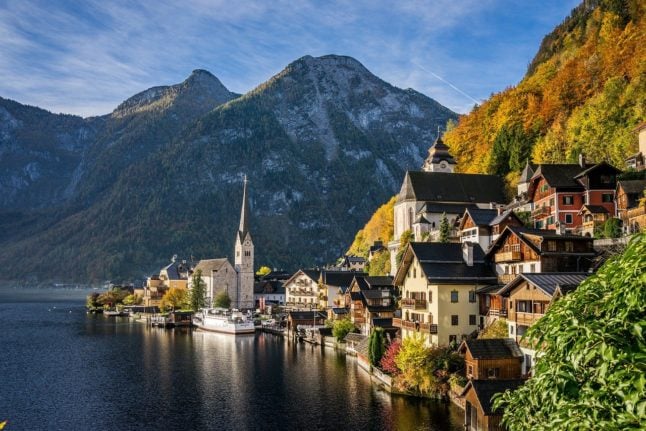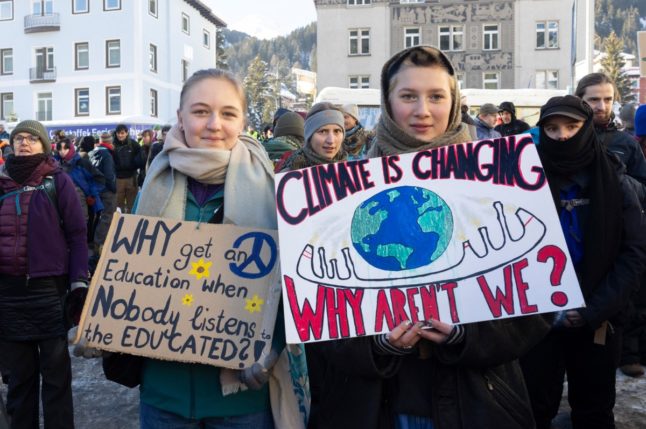Overall , the language of the Suisse Romande (the French part of Switzerland) is pretty similar to the one spoken in France.
In any case, it is not so different that the Swiss and the French don’t understand each other (so this can’t be the reason why the two sometimes look down on one other.)
READ ALSO: How the Swiss see their French neighbours — and vice versa
Here are some examples.
During the Francophone Week, which was held in French-speaking nations and regions of the world from March 14th to 23rd, the city of Geneva took to social media to highlight six typically Swiss-French expressions.
Célébrons la semaine de la #Francophonie avec quelques expressions de #Suisse romande ! 🇨🇭
En connaissez-vous d'autres ?#Francophoniedelavenir pic.twitter.com/laWboaGxyE
— Suisse (@Suisse) March 22, 2024
They are:
Ca va, le chalet?
This literally means, ‘how is your chalet?’ but in the Suisse Romande it means ‘are you crazy?’
The same expression in France is ‘tu es fou?’
Il n’y a pas le feu au lac
No, this is not someone telling you the lake is on fire (which makes no sense whatsoever).
Instead, it expresses that something is not urgent — a message a French person would convey as ‘il n’y a pas d’urgence.’
Il fait bon chaud
Instead of saying simply ‘il fait chaud’, as any French person would, the Swiss prefer to interject the work ‘bon’ into this sentence — just because.
READ ALSO: Seven hacks you’ll need for life in French-speaking Switzerland
Remettre l’église au milieu du village
You may think this means the intention to re-build a village church but, here too, you shouldn’t take this sentence literally.
In Switzerland, this means to put something in order or, as a French person would say, “remettre les choses en ordre.
Ça joue ou bien?
This means ‘is everything ok?’, or, if you only speak French-French, it’s simply ‘ça va?
Deçu en bien
For a Swiss person this phrase conveys that someone is pleasantly surprised — or ‘être agréablement surpris’ if you come from across the border.
But wait, there is more
The Swiss are not necessarily known for their penchant for simplicity, but when it comes to double-digit numbers, they opted for the less complex and tongue-twisting way than their French counterparts.
In France, for instance, 93 is quite a mouthful: quatre-vingt-treize (four twenties and 13), but the Swiss cut to the chase with nonante-trois (ninety-three).
Ditto for the number 70 (soixante-dix), 80 (quatre-vingt), and 90 (quatre-vingt-dix).
The Swiss-French equivalents, on the other hand, are the breezy septante, huitante, and nonante.
Other notable differences are, for example, collège or gymnase (high school) in French-speaking cantons, and ‘lycée’ in France.
Then there is la panosse (mop) in Switzerland, while the same thing is called la serpillière in France.
And another one is ‘Nom de bleu’, it is basically ‘dammit’ (pardon our French) — which is ‘nom de dieu’ in France.
READ ALSO: The Swiss French words which help you sound like a local
This is by no means is an exhaustive list, though many people may find it exhausting nevertheless.



 Please whitelist us to continue reading.
Please whitelist us to continue reading.
Member comments